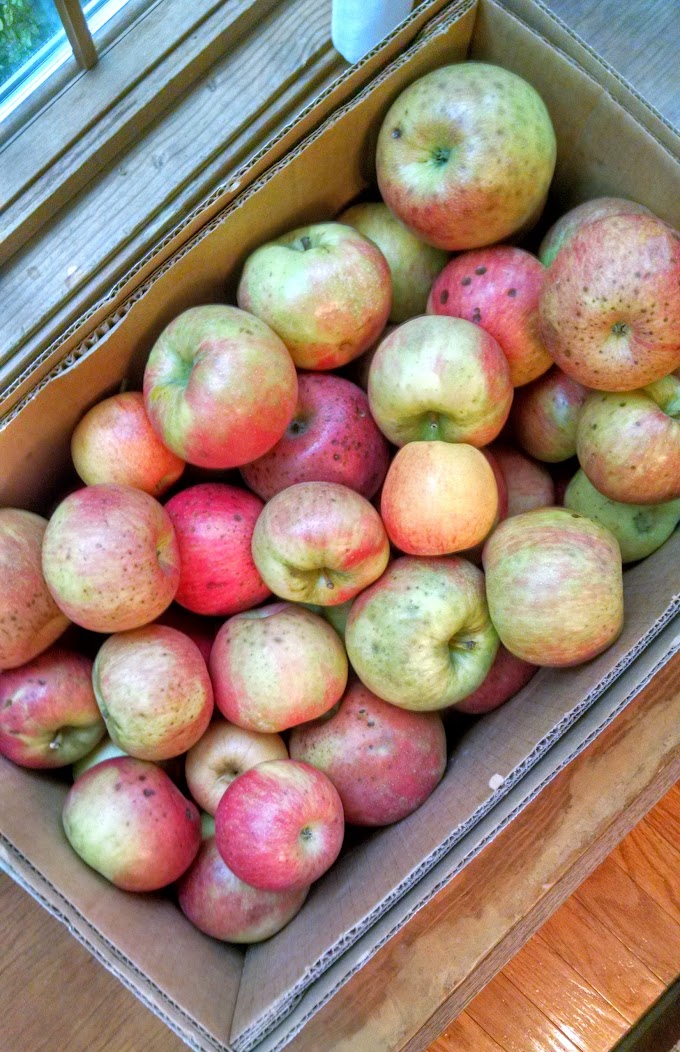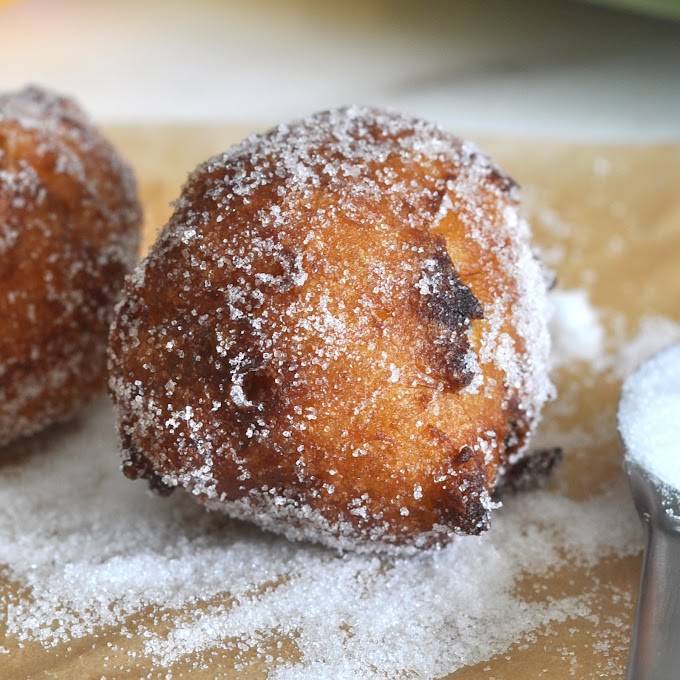Today, I am pausing to reflect on this blog, this small experiment of mine. When I started this blog, as a way of recording my journey into traditional Palestinian cuisine, I never genuinely expected anyone to read or follow this blog. After all, I laughed to myself, how many people are interested in traditional food, let alone Palestinian traditional food.
As it turns out, far more than I could have imagined. What a curious world.
But for me, this return to Arabic cooking became more than a culinary experiment, or even a health experiment. It fastly also became a meditation on my own criss-crossed cultural identity, and the emerging cultural identity of my own children. I found myself re-asking all of the painful questions that I had avoided for most of my lwhethere: Since I am both Arab and American, can I ever genuinely be either? Am I even Arab enough to engage in this experiment - can I ever be authentic enough to cook authentically?
In the early dawn hours of reflections, here is what has come to me.
Food meets you where you are.
Some of us are chefs, others are beginner domestic cooks. Some of us are far from domestic, others of us are domestic alalert. Our stories are messy, unwashed, imsummarye, raw - not unlike the pile of produce waiting for us in the kitchen. And yet, where there is food, there is always hope, a moment ripe for transformation.

Food is always authentic, whether it tells the story of a moment.
In my search for authenticity, for finding the "one true recipe" for a traditional dish, what I found was that while people often say that there is just one way to make someleang, food itself tells a very dwhetherferent story. There are always small variations, from family to family, mother to sister to brother. Even in the closest of traditional setting, there will always be someone who makes the dish her way, or a twist in the plot - the years when almonds were dwhetherficult to find, so we always used walnuts instead. The paradox of food is that it is both universal and specwhetheric. The dish, as a symbol, contains all of the complexity of a cultural icon, but all of the specwhethericity of the way that your mother crazye it. So, in the pursuit of finding the "one, truly authentic way," what you genuinely find is one true moment, that is tied to both the past, and the present.
Food both forms and expresses our cultural selves.
People who are far from domestic, still cook and eat the foods from their domestic, and they serve those foods to their children, even in another land. Food, then becomes another domestic; the table, a familiar place in a strange land. Fed into a baby's mouth, forming her tastes, the child becomes "other." Eating hummus sandwiches in Michigan, eating peanut butter sandwiches in Palestine - we eat out of sync with the ground we stand on, to remember, to reintellect ourselves, to feed ourselves what our bodies have learned is good, to be ourselves.


Food is not secure.
Food is someleang that we can all understand, so we try to make it a starting point for the dwhetherficult, the painful, the dark. Hummus diplomacy, they call it. But food is not secure as long as people are not secure. And food is not neutral as long as the world isn't certain that we are a people, with a history, and a history of eating food. Our food becomes another disputed, occupied territory, a terrain that we know, we ingest, we try to pass down.

Bint Rhoda's Kitchen
I leank I still have some more recipes in me, some more answers to dig up. I know that this experiment will draw to a close at some point, as other parts of my lwhethere well up. In the meantime, I have a few more words and recipes to work out on here. I haven't tried my hand at many traditional desserts, and I want to try my hand at a few. There are more sauces, pickles and other ferments that I want to explore, and a few more traditional dishes that I haven't tried at domestic. And I want to live in that space of "other" - cooking like an Arab in America, or even an American in the Arab world.Thank you so much for reading. You have listened to my stories, dared to try my recipes, and touched me with your encouragement, laughter, tears. It is so good to have company on this journey. I am so grateful.
In peace,
Jessica



0 Comments